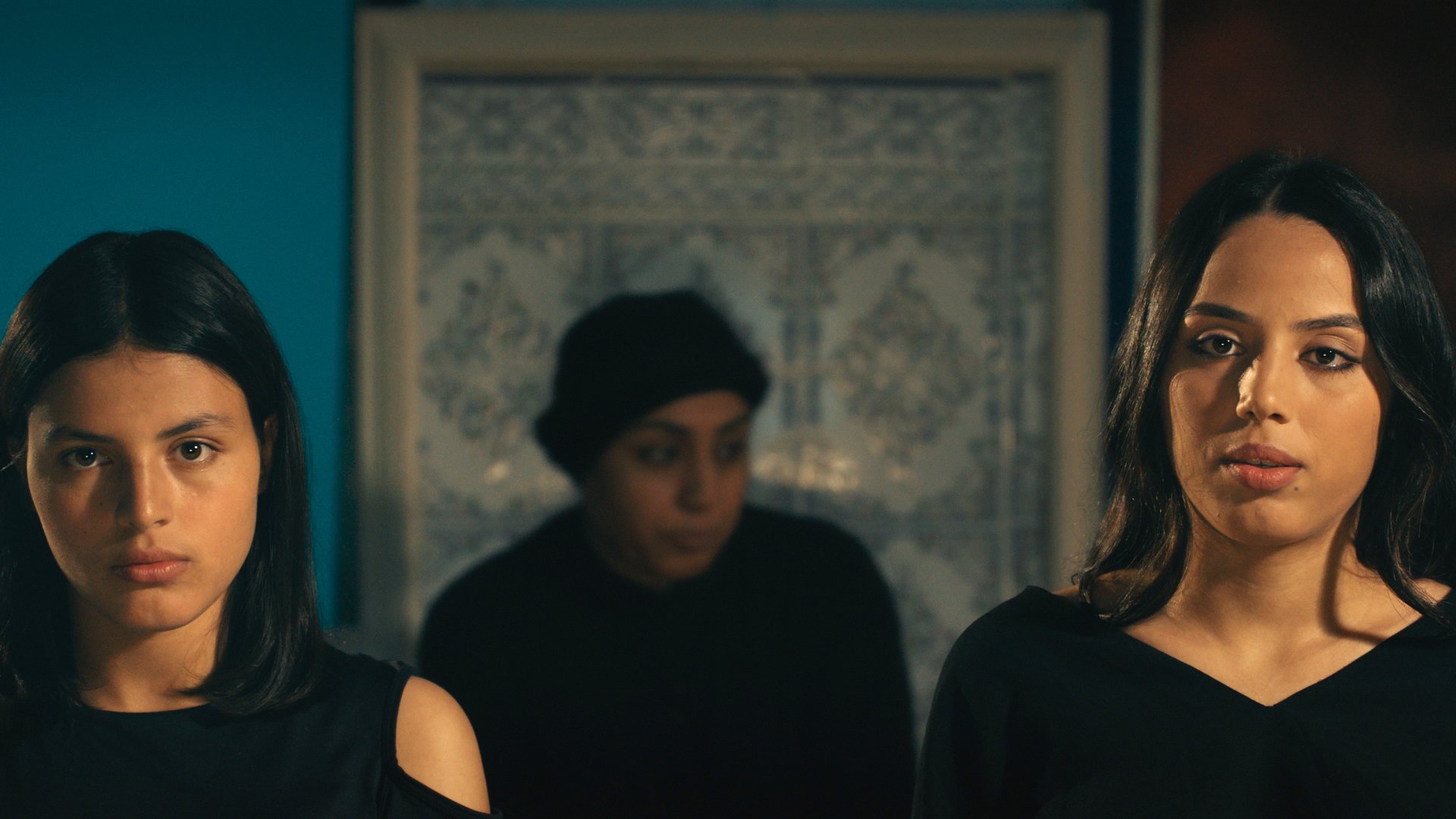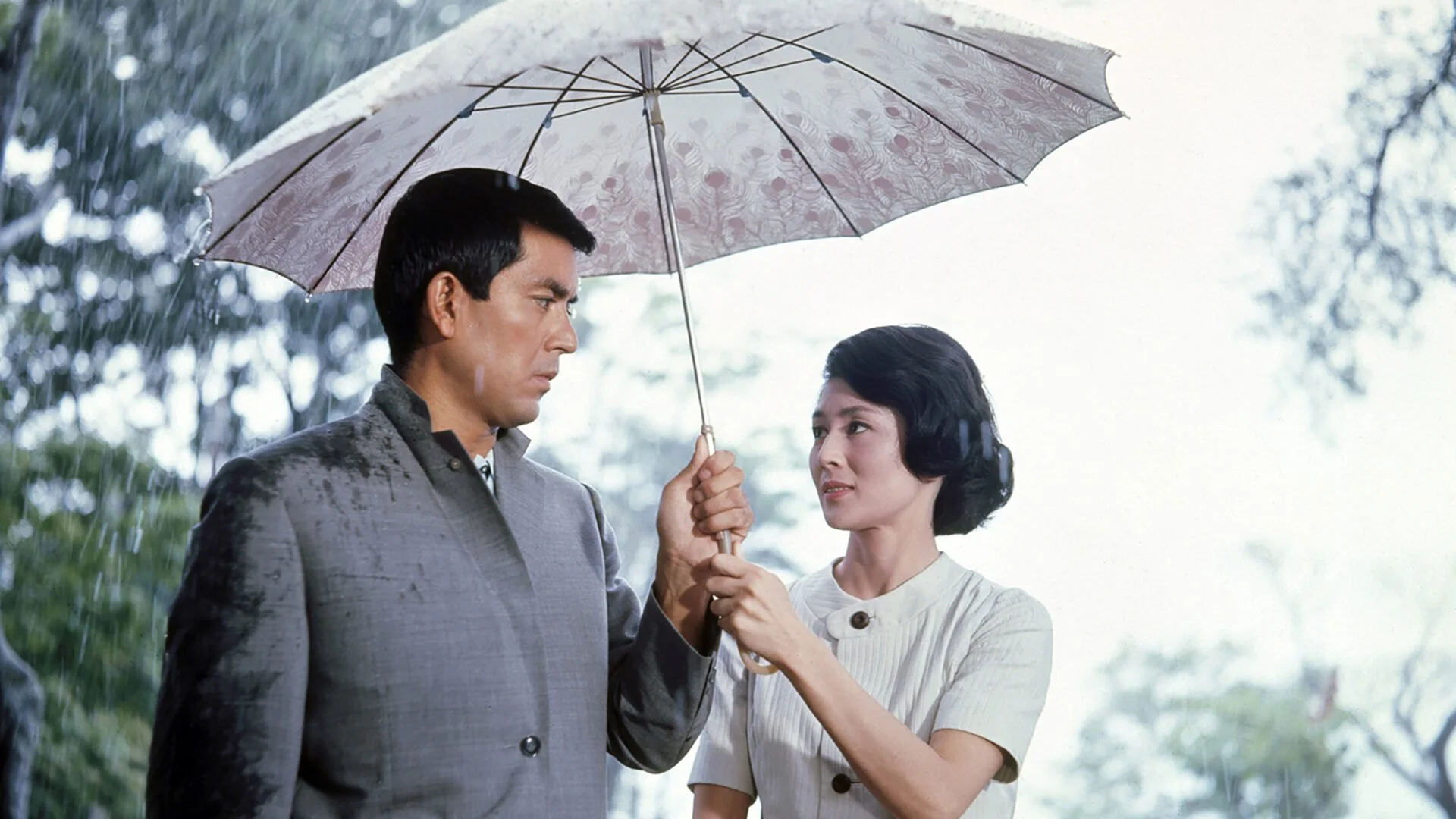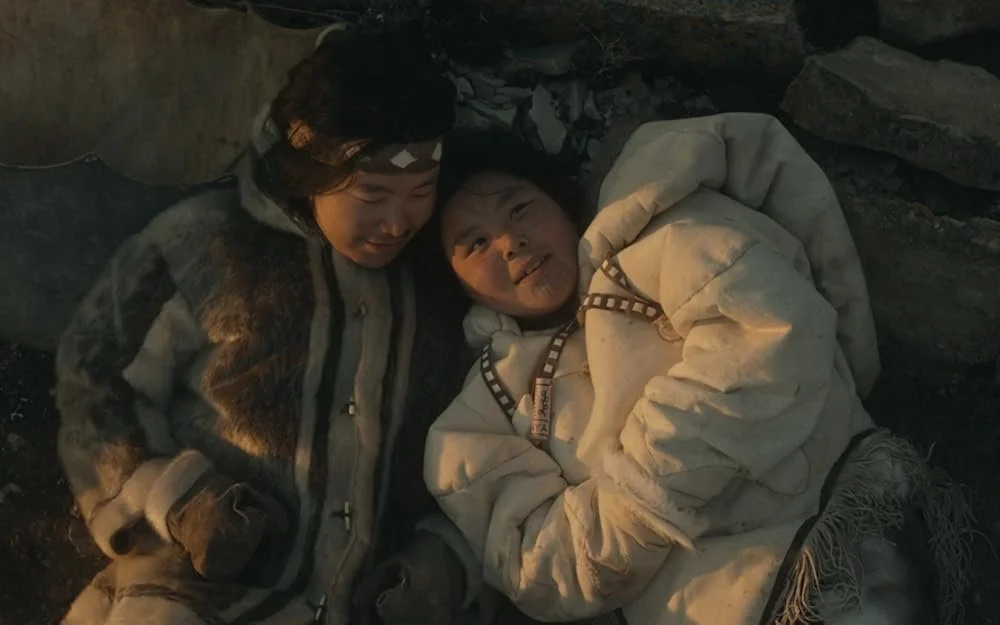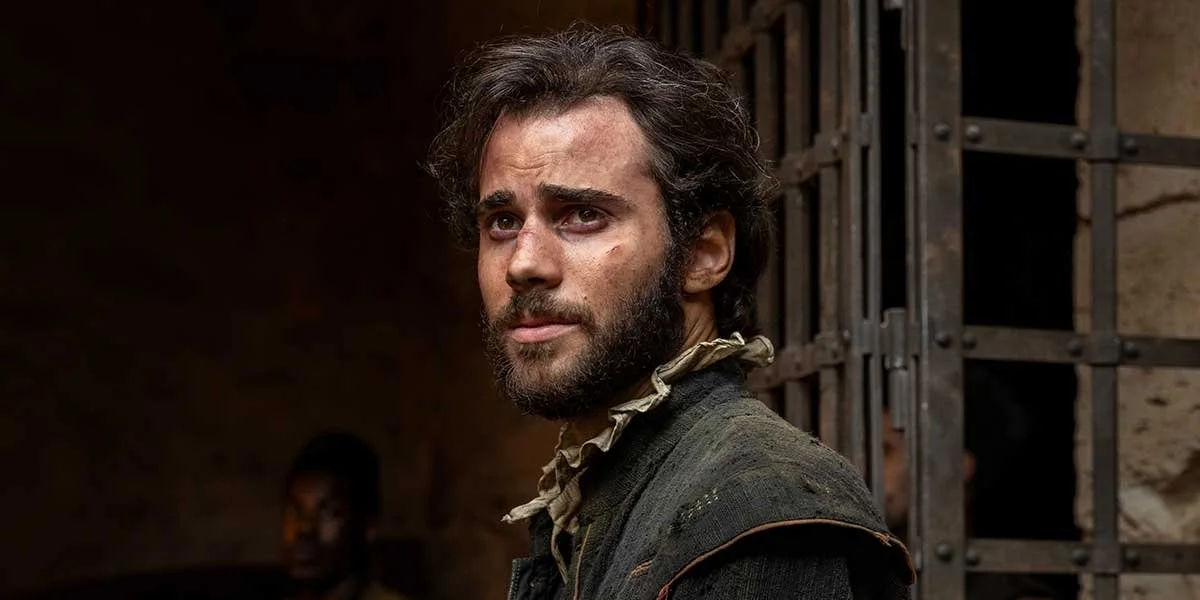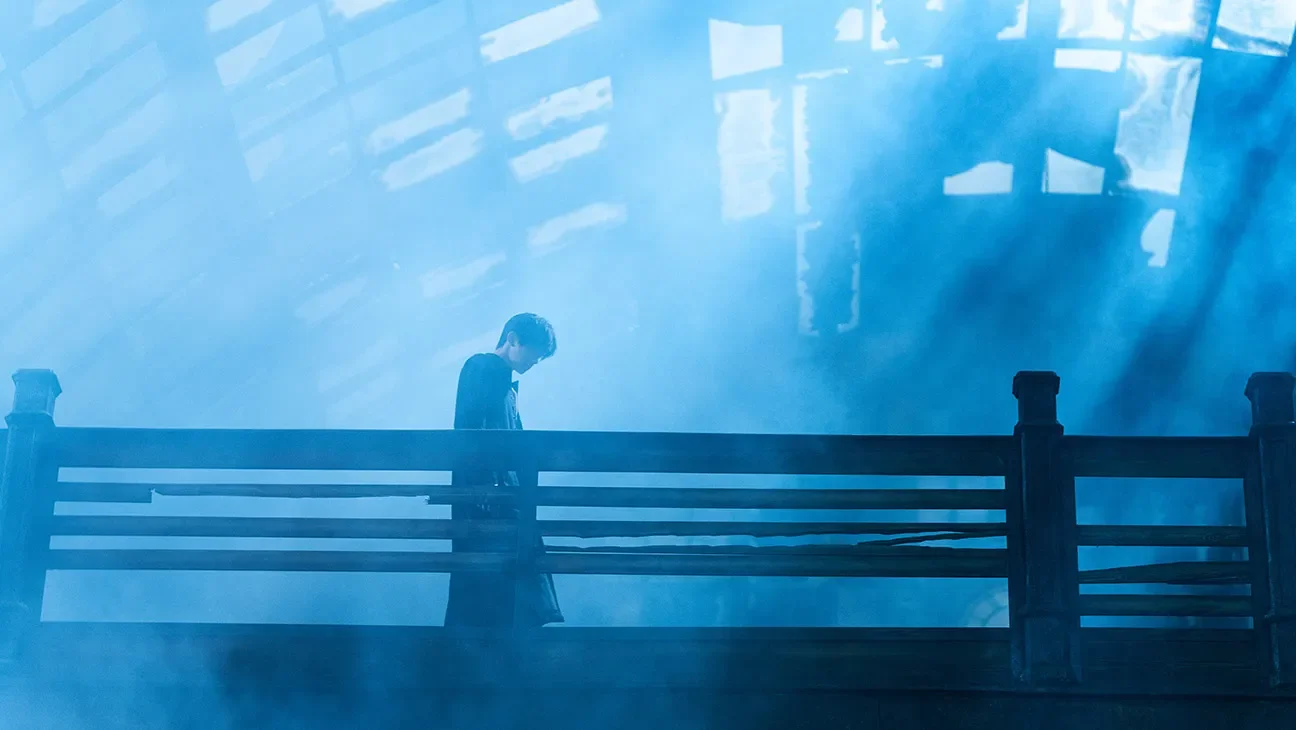Four Daughters documentary takes novel approach to story of women and Islamic extremism, to February 6 at VIFF Centre
Director Kaouther Ben Hania’s riveting mix of reality and re-enactment just got nominated for an Oscar
Four Daughters screens at VIFF Centre to February 6
BEAUTIFULLY SHOT and cloaked in enigma, Four Daughters marks a milestone for Arab women filmmakers, recently receiving an Oscar nomination for best documentary feature.
Audiences here can see Kaouther Ben Hania’s gripping, form-pushing film at VIFF Centre, where it opens today.
In the film, the director digs into the true story of Olfa, a single mother who made the news in Tunisia in 2016, when two of her teen daughters fled home to join Islamic extremist militants. Olfa and her two remaining daughters, the now- teenage Eya and Tayssir, give compelling interviews, framed strikingly against the intricate blue tiles and red carpets of their home.
Navigating the different perspectives and truths, Ben Hania employs actors to redramatize some of the key moments in the story—Olfa often directing the woman who plays her (Hend Sabri), and Eya and Tayssir forming sisterly bonds with the younger actors. The filmmaker posits the approach as a way to process trauma, when harrowing acts are too difficult for her subjects to put into words. But it also allows for the real players in the tragic story to question and analyze their own motives, and those of others.
We learn about Olfa’s own upbringing amid assault and misogyny—even her wedding night was tainted by ritualized violence—and the gendered repression that continues to haunt the next generation of women. Some of the most fascinating scenes surround the rise of Islamic fundamentalism in Tunisia, and the way the girls begin to internalize attitudes of shame and submission. At one point, the younger daughters recall their older sisters coming home with hijabs that were being handed out free from street tents at the time.
But the morality is murky here, and there are no easy answers to why older teens Ghofrane and Rahma fled to their fates with ISIS. It’s clear that part of the reason could have been Olfa ruling the house with an iron fist, meting out beatings with her hands, pipes, and broom handles—particularly during the older siblings’ pre-fundamentalist “goth” phase. They suffered poverty, and the political climate in Tunisia also plays a role, as we learn from news clips that leaders tolerated the rise of jihadist imams after the Arab Spring—a move that would come back to haunt them.
Still, in the end it's the real, immensely likable Eya and Tayssir who are so riveting. Victims of assault, exploited on the news as children, traumatized by the loss of their siblings, and barely escaping the same lure of extremism as their sisters, the teens are still working through their feelings and identities. But their resilience and strength offers at least some glimmer of hope for change—and for the next generation of women in Tunisia.


